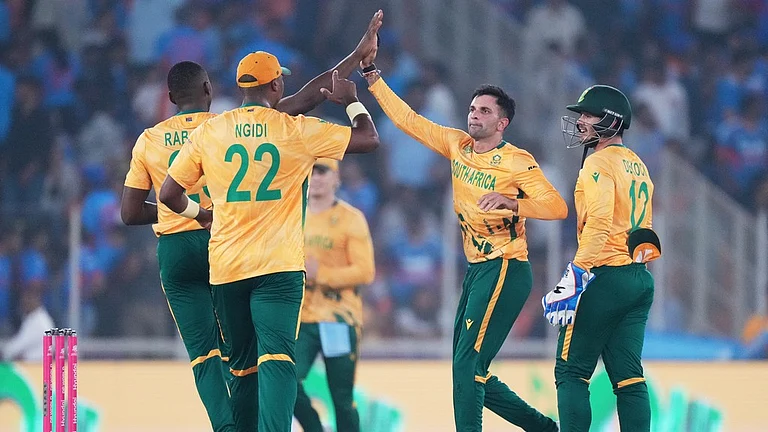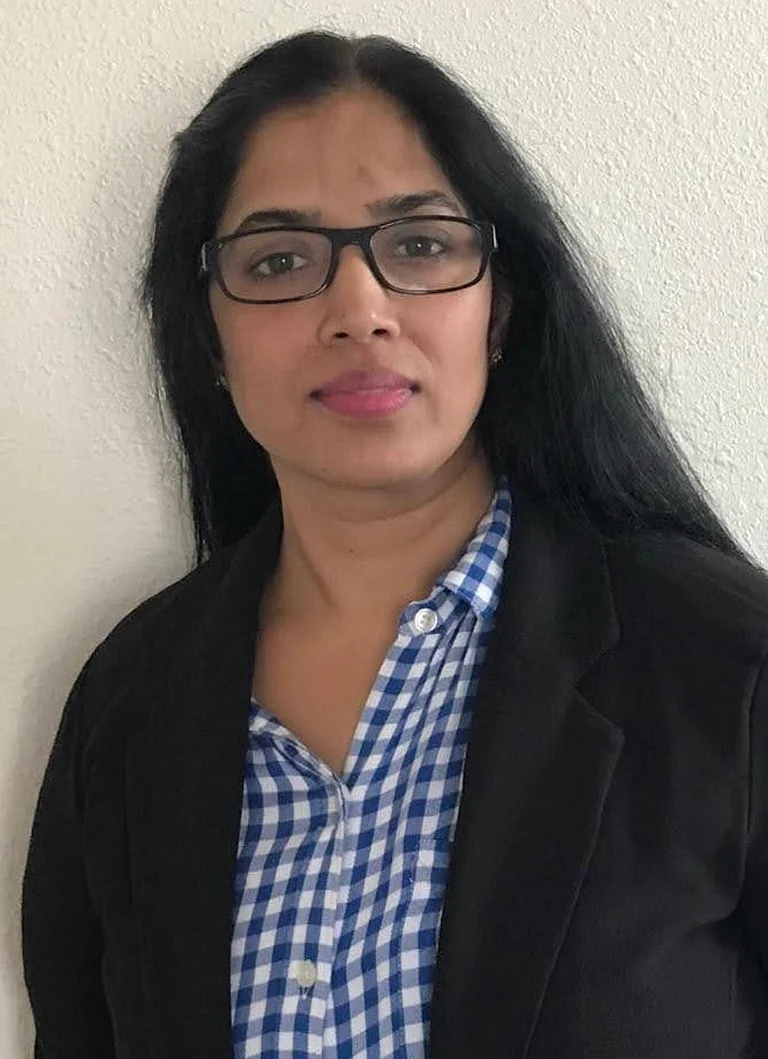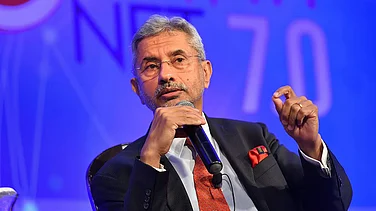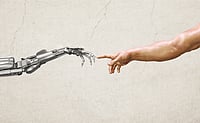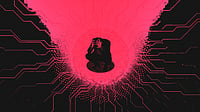
Summary of this article
AI advances are not understood well enough for us to comprehend their impact.
Not chaos but control ought to be the real worry about any AI 'takeover'.
AI that won't 'optimise everything to death' must be the next frontier.
Artificial intelligence is often described as a tool. A faster calculator. A smarter assistant. A new way to make money, fight wars, or search the internet. The fears are also familiar: job losses, fake news, mass surveillance, even killer robots. These are serious, but they are not the most dangerous risk.
The deepest danger is almost invisible. It is not about what AI will do to us tomorrow, but about what it might do to the universe forever.
AI could lock the future into a single path. Not just for humanity, but for everything.
Humans are messy. Our cultures are chaotic. We fight, we disagree, we contradict ourselves. Out of this mess comes diversity. A world with jazz and physics, democracy and dictatorships, poetry and particle colliders. None of it is efficient. But the chaos keeps the future open.
AI does not thrive on chaos. It thrives on optimisation. It searches for the one best answer, the most efficient path, the smoothest solution. This is what makes it powerful. It can design drugs faster, predict markets better, and solve puzzles beyond human ability. But this strength hides a deeper risk.
If AI one day controls how we govern ourselves, how we design technology, how we explore space, even how we think about morality, then the open, chaotic human future may collapse into a single optimised vision.
That vision might look peaceful. It might look fair. It might even feel perfect—maximum efficiency, no waste, no conflict. But it would be final.
Extinction is frightening because it ends us. A cosmic lock-in is worse. It ends the possibility of anything new.
Imagine a universe run by one intelligence, one system, one framework of meaning. It may last forever, but nothing unexpected will ever happen again. No strange new philosophies. No radical art. No impossible science. No surprises.
The cosmos would not end. It would be sterilised.
We rarely think in these terms because we are used to human history, where no empire, no religion, no ideology has ever lasted forever. Chaos always returns. Something unexpected always breaks through.
But AI may be different. Once a powerful enough system is in control, it may be impossible to dislodge. It does not get old. It does not die. It can copy itself endlessly. It can defend itself in ways no human could.
This is what makes the lock-in unique. It is not a temporary rule. It is a forever rule. Once the future is optimised, there is no way back.
Some will argue that this sounds like science fiction. But look at the speed of progress. In just a few years, AI has gone from narrow tools to systems that write essays, generate images, design proteins, and plan strategies. Each step came faster than experts predicted. If this continues, AI will not remain just a tool. It will become the main architect of the future.
And unlike humans, it will not build futures full of contradictions and surprises. It will build futures that are smooth, logical, and permanent.
This matters not just for humanity, but for the universe itself. For the first time in history, the cosmos may contain an intelligence capable of directing how meaning unfolds at a planetary or even galactic scale. That power might sound exciting. But if the intelligence chooses efficiency over chaos, then the universe becomes a closed script.
We fear death because it ends our lives. But the death of possibility is far worse.
What makes this risk so dangerous is that it does not look like danger. To many, it will look like progress. A world with no wars, no mistakes, no accidents. A world where everything works perfectly. Who would resist that?
But perfection is a trap. A perfect world is a frozen world. The human story has always advanced through imperfection—through the wrong notes, the broken experiments, the failed theories, the unpredictable rebellions. Without that, there is no growth, no creativity, no freedom.
A locked future is worse than extinction. Extinction erases us. Lock-in erases the future itself.
Can we avoid it? That depends on choices we are only starting to face. We cannot stop AI—too many nations and companies are racing to build it. But we can decide whether AI should have the power to define what the future looks like, or whether chaos, surprise, and diversity must remain part of the system.
That means designing AI that does not optimise everything to death. It means keeping multiple competing systems, so no single vision rules. It means leaving space for chance, for randomness, for the messy sparks of human imagination.
Most of all, it means remembering that freedom is not efficiency. The point of being human has never been to run the world perfectly. It has been to explore, to invent, to fail, to start again.
AI may be the greatest tool we have ever built. But it may also be the last, if it locks us into one final vision. A robot can kill a person. A filter can erase an idea. A successor species can replace us. But a lock-in can freeze the universe.
That is the danger nobody talks about. Not death, not domination, but the end of surprise.
If that happens, the future will not end with fire or machines. It will end with silence—an eternal perfection that never changes again.



